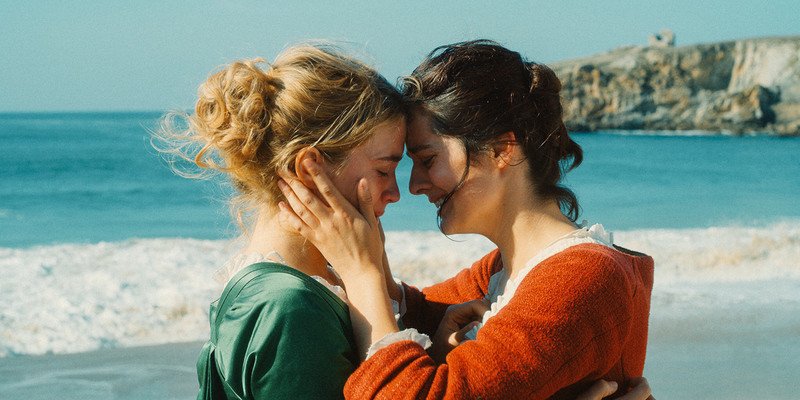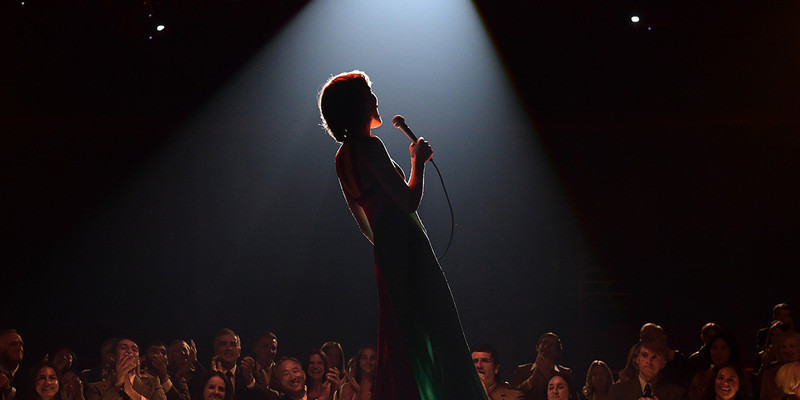
Many movies are about a want or a need for something more in life. Maybe the lead character is on a personal journey to discover their worth, find a true connection or follow their passion. Perhaps they’re just working to survive, get through the day in a world that threatens to swallow them whole. At their core, these desires feel universal, because most anyone in the audience can relate to these characters’ struggles, even if the details in these stories sets us far apart.
The ache to make things work is deeply felt in Ken Loach’s latest film, “Sorry We Missed You.” Updating the kitchen sink drama for the gig economy, the movie follows Ricky (Kris Hitchen) as he takes on impossible hours, demands and tasks as a subcontracted deliveryman in the hopes that he might be able to better provide for his family. It’s heartbreaking to watch the day-to-day negotiations Ricky makes with himself and his family to justify such austere working conditions and exploitive business practice. Outside of the van, Ricky has other worries mounting, including his wife’s job in danger after he sold her car and his son’s increasingly rebellious behavior. “Sorry We Missed You” isn’t too fussy about its framing or cinematography, giving it almost a documentary-like quality at times, which is sadly fitting since Paul Laverty’s unflinching script is based on a true story.

In Céline Sciamma’s “Portrait of a Lady on Fire,” the ache that drives its characters’ passion is love. Brought together by a chance assignment, a painter Marianne (Noémie Merlant) and her subject Héloïse (Adèle Haenel) are forced to learn how to work together and work with one another to please the lady of the house, Héloïse’s mother. Surrounded by the beauty of the French countryside and given hours to spend time together, the two young women eventually discover that they’re developing feelings for one another. However, this is a costume drama set back a few centuries to the time of lace-up corsets and dangerously wide hoop skirts. A love like theirs would never be tolerated. So for now, they must agree to settle on longing stares at each other and the occasionally hidden tryst. Their relationship burns at a slow pace, and it’s not until later in the movie do the stakes rise and flirtation becomes foreplay. The shots in “Portrait of a Lady on Fire” look so exquisitely composed and inked with deep, rich oil painting-like colors that many times it does look like a series of portraits. Men are almost entirely absent from the frame, which gives each character in the household even more space to develop and reveal their struggles and desires.

Along more traditional lines of a hero’s journey is Unjoo Moon’s “I Am Woman,” a feminist biopic about a determined Australian singer Helen Reddy (Tilda Cobham-Hervey) who moves to New York to become a star. Of course, when she gets to the city, it doesn’t quite work out as she had imagined it. Her quest is to get her big break into the music business, and the audience follows Reddy as she faces off against a husband who’s not always in her corner and sexist music execs. She’s fighting in a man’s world, and Reddy knows it. At least for a time, she’s got the support of a friend who’s a journalist, Lilian (Danielle Macdonald). Their relationship is so much more interesting to watch over time instead of the showbiz husband and wife act that’s falling apart. The two friends must deal with fame, changing fortunes and distance, and there’s a hard lesson in the movie about enjoying every minute you have with the people that matter in your life. Fortunately, Reddy’s career aspirations lined up nicely with the rise of the women’s movement and the anthem she pens about the female experience earns the scorn of male executives for being “too angry.” She has the last laugh when her record with the movie’s title song becomes a hit and opens doors for her that men weren’t willing to hold for her. In life as in movies, not everyone may get what they want or need. We root for these characters because they may face the same impossible odds we have. When they do get what they're looking for, the gratifying feeling isn’t just restricted to the screen – it’s ours to share as well.
Monica Castillo is a critic, journalist, programmer, and curator based in New York City. She is the Senior Film Programmer at the Jacob Burns Film Center and a contributor to RogerEbert.com.





